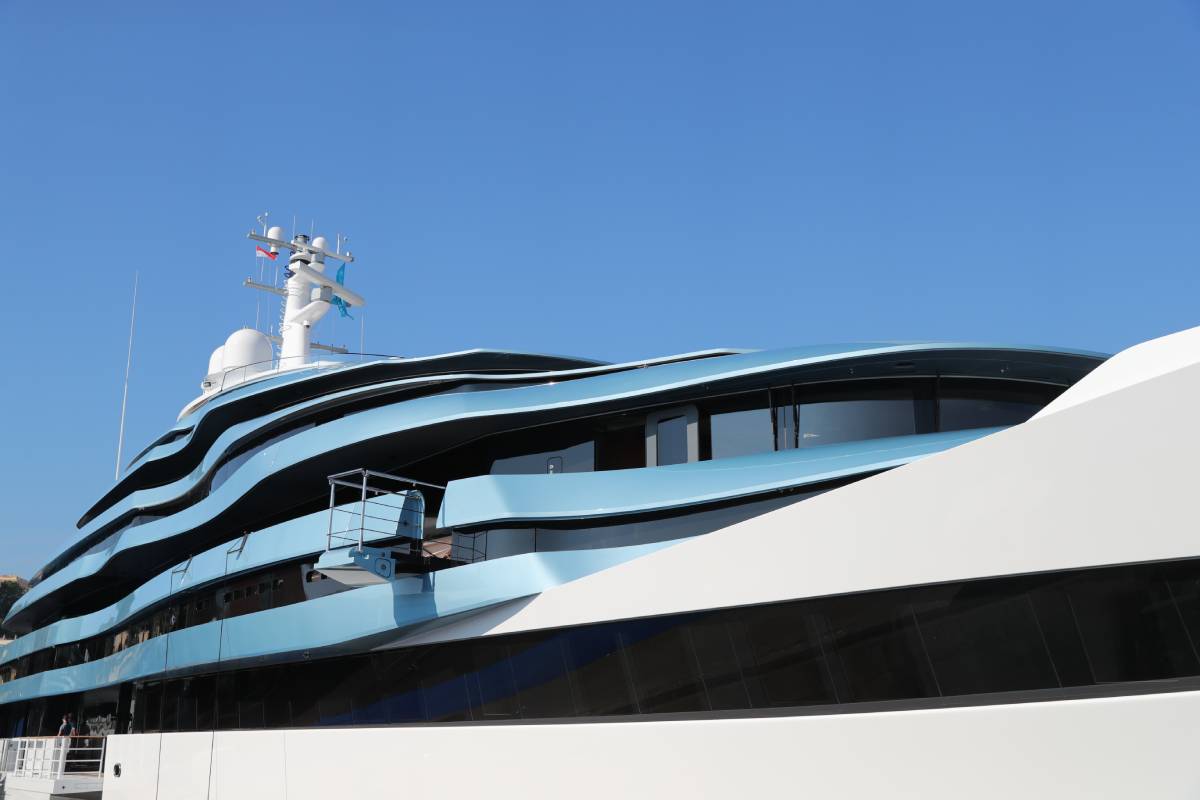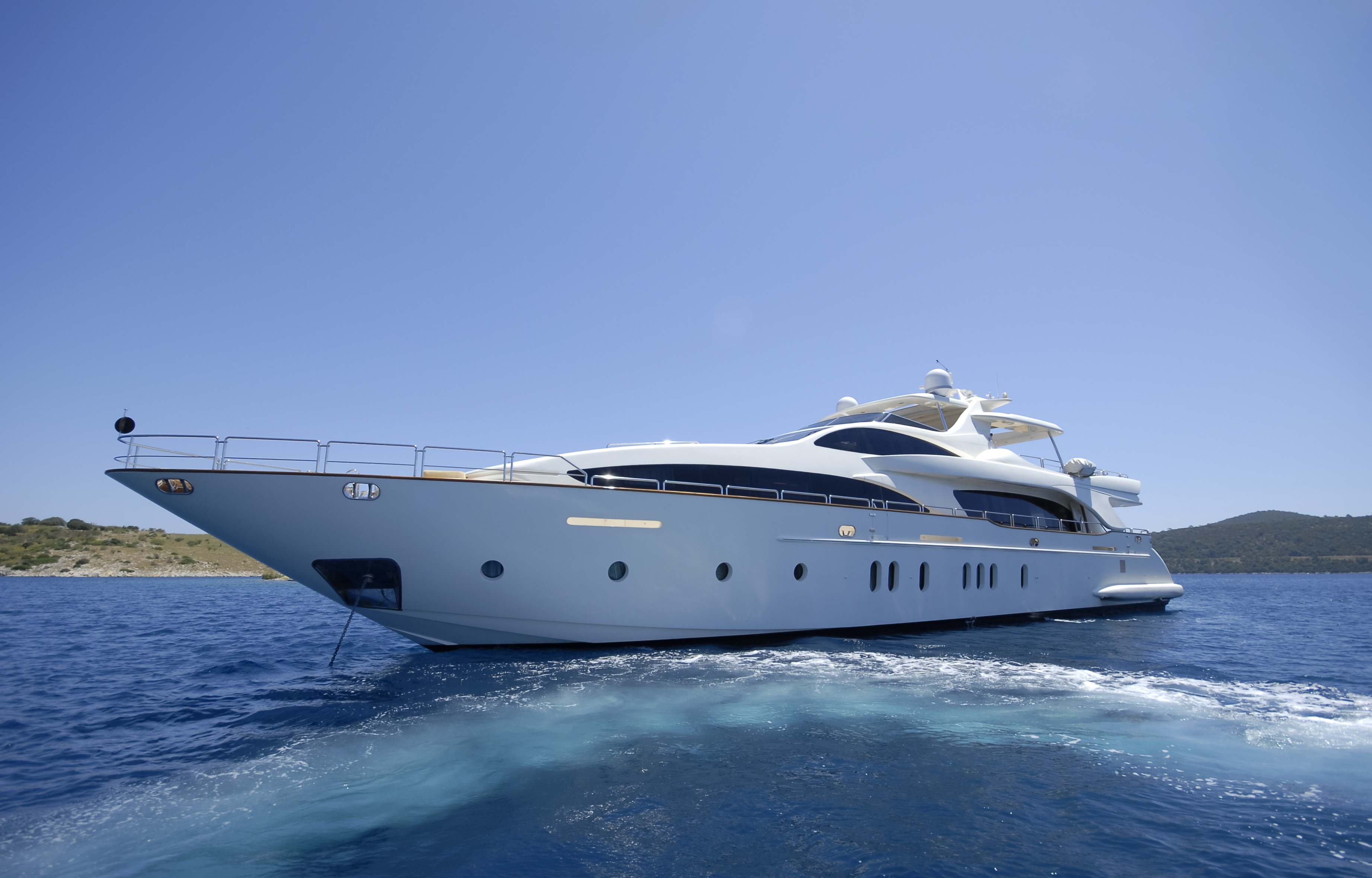26 April 2018
This bulletin provides some clarity on a commercial vessel used for navigation on the high seas in order to benefit from the VAT exemption associated with French Commercial Exemption (FCE).
To benefit from the FCE, certain conditions must be met:
- The vessel must have a length greater than 15 metres
- The vessel must be commercially registered
- The owning company must employ permanent crew on board
- The vessel must exclusively be used for commercial use under charter contract with market rate charter fees being paid
- 70% of its trips (trajets) must be carried out outside French territorial waters in the previous tax year
This final condition of 70% of trips outside French territorial waters is the clarity on ‘high seas’ that the industry has been waiting for. This does however raise further questions including:
What constitutes a ‘trip'?
A trip means all commercial navigation between two ports including national, EU and International waters under charter contract. Sea trials, movement of the yacht to shipyards and static charters cannot be included. The disembarkation/embarkation of charter guests during the charter constitutes a new trip so a charter could include multiple trips. The ships logbook and charter guest lists must be accurately maintained to make this calculation.
How is it calculated?
Any trip carried out from Jan 1 to Dec 31 each year as per the above definition can be counted towards the 70% target. This target (if reached) entitles the yacht to VAT exemption on goods and supplies acquired in France during the following year.
What happens to a yacht operating commercially in France for its first season?
VAT exemption will apply for the first year although the 70% target must be met. a provisional declaration must be given by the owner confirming that the yacht will continue to meet the requirements of the FCE including the 70% trip rule.
What happens if a yacht does not meet the 70% target?
VAT will be applied to all purchases of goods and supplies as well as all works carried out by French Shipyards. It will however still be possible to reclaim this VAT although agents will apply a cost for doing so. Failure to comply with the FCE under a provisional declaration could give rise to a VAT liability on the yacht value plus possible penalties on the 1 January of the following year.
What about static charters?
Static charters do not count in the trip calculation however during a given calendar year, a yacht must undertake more regular charters than static ones.
What about Importation (In Free Circulation) Status?
For yachts that have been imported into France under the French Commercial Exemption, clarity is currently being sought to determine whether the ‘In Free Circulation’ status of such yachts could be lost if the yacht does not meet the FCE requirements. If this is the case, yachts will need to be re-imported into the EU. Suitable locations would include the country of VAT registration where VAT on the yacht itself has been accounted for.
What about VAT on charters?
The current rules applied on charters put at the disposal of the charterer in France, including the 50% reduction for high seas charters will continue irrespective of the yachts ability to meet the 70% rule.
How does a yacht prove to suppliers that it qualifies for exemption?
A statement of compliance should be issued by the yacht owner as a self-declaration of conformity. Praxis Yacht Services has approved templates for both provisional and permanent versions.
Careful management of the commercial operation is required to monitor both the number of actual trips rather than charters and the levels of third party charter versus owner charter.
Please note that this content is intended to provide a general overview of the matters to which it relates. © Praxis Group

Yacht VAT Management Solutions
In collaboration with legal and tax specialists, Praxis Yacht Services can provide the necessary arrangements to help you navigate your European VAT obligations.


